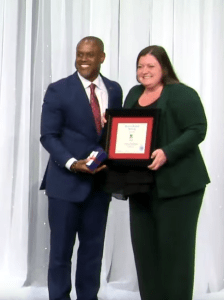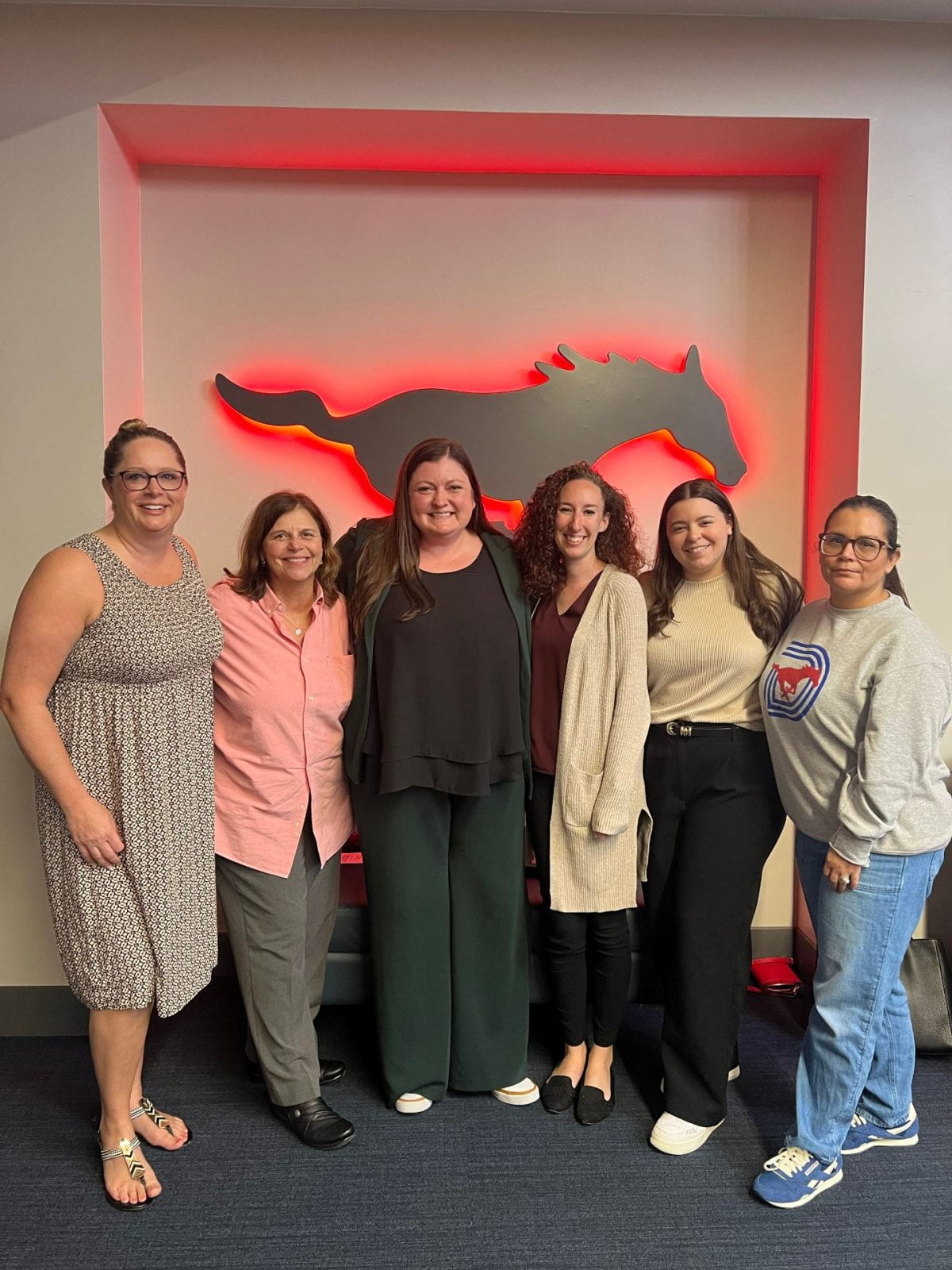 Student Academic Success Programs would like to send a huge “congratulations” to Becca Umobong, our Director of Academic Skill Development, for receiving the “M” Award this year at the Hilltop Excellence Awards ceremony on Friday, April 19.
Student Academic Success Programs would like to send a huge “congratulations” to Becca Umobong, our Director of Academic Skill Development, for receiving the “M” Award this year at the Hilltop Excellence Awards ceremony on Friday, April 19.
“The ‘M’ Award is the highest recognition bestowed upon students, faculty, staff and administrators on the SMU Campus. The recipients’ efforts have been continuous during their years at the University and are not limited to a narrow vested interest. The ‘M’ Award honorees are an inspiration to others, giving unselfishly of their time and talents in order to make the University, and indeed the world, a better place.”
We know this to be true. Anyone who works with Becca can see her heart for serving students, and we are so proud of Becca for the work she’s accomplished (and we are thrilled to see her recognized for it).
Thank you for all you do, Becca, for students and us.
Everyone, please join us in congratulating Becca!


